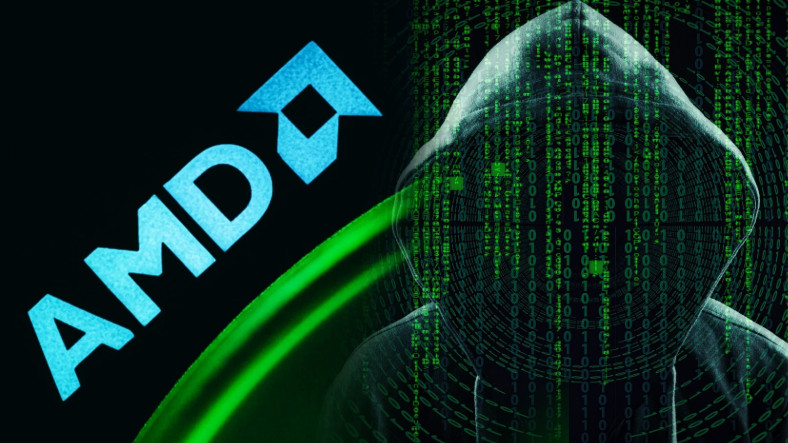Cyril Ramaphosa took office as President of South Africa this Wednesday. for a second five-year term in a ceremonial ceremony after his party, the historic African National Congress (ANC), lost its overall majority for the first time in the May 29 elections.
“I, Matamela Cyril Ramaphosa, swear that I will be loyal to the Republic of South Africa and will obey, observe and uphold the Constitution and all other laws of the Republic,” Ramaphosa said after taking the oath of office. before the head of the South African judiciary, Justice Raymond Zondo.
“I solemnly and sincerely promise that I will always contribute to everything that contributes to the development of the Republic and I will oppose everything that can harm her, (and) I will protect and promote the rights of all South Africans,” the President added.
With this event at the Union Buildings, the headquarters of the South African government in Pretoria, a new stage in the history of the country began, marked Unprecedented government of national unity the composition of which Ramaphosa has not yet disclosed.
After the oath, which was attended and gathered by citizens from all over the country, local media reported, about 3000 representatives and delegates At the Union Buildings Amphitheatre, the South African National Defense Force (SADF) performed a 21-gun salute, accompanied by an Air Force flight.

Photo: Reuters
Present at the ceremony 18 heads of state and government, In addition to former presidents, delegations from many countries and traditional South African chiefs were present, authorities said Tuesday.
Leaders in attendance included Nigerian Presidents Bola Tinubu; Democratic Republic of the Congo (DRC) Felix Tshisekedi; Angola, Joao Lourenco; Zimbabwe, Emmerson Mnangagwa; Mozambique, Filipe Nyusi; Tanzania, Samia Suluhu Hassan; and the Republic of the Congo (Congo-Brasville) Denis Sassou Nguesso, as well as the King of Eswatini (formerly Swaziland) Mswati III.
High-level representatives were also sent by Namibia, Lesotho, Uganda, Burundi, South Sudan and Egypt, as well as China and Cuba, along with their vice-president Salvador Mesa.
The event was also attended by representatives from organizations such as the African Union (AU), the UN and the Southern African Development Community (SADC), as well as representatives from Palestine, whose cause has historically enjoyed support from South Africa.
The day began with a program of cultural events featuring local artists, This is the culmination of a process marked by uncertainty, following the recent electoral disaster of the ANC, which had been in power since the establishment of democracy and the end of the racist apartheid regime in 1994.
In the May 29 elections, the country’s seventh general, History education received 40.18% of the votes.meaning 159 of the 400 seats in the National Assembly (Lower House of Parliament), an insufficient victory that forced her to turn to other parties to govern for the first time.

Photo: Reuters
This approach was palpable last Friday at marathon first session of the National Assembly following an election in which Ramaphosa, 71, was elected by 283 votes.
A few hours before these elections, John Steenhuisen, leader of the Democratic Alliance (AD, the centre-right Liberals), hitherto the leading opposition force, announced that an agreement had been reached with the ANC. form the “Government of National Unity (GUN)”.
As the ANC confirmed this Monday, Three other political forces also agreed to join the government alliance: Inkatha Freedom Party (IFP, conservative and nationalist of the Zulu ethnic group), GOOD (social democrat) and Patriotic Alliance (AP, far right).
Having played an important role in the negotiations that brought about the end of apartheid, as a trade union leader and as a successful private sector worker, R.Amafosa became president in 2018. with a promise of change to end the corruption that tainted the mandate of his predecessor Jacob Zuma (2009-2018).
However, its popularity declined due to persistence of problems such as high unemployment (32.9%)crime, an energy crisis with constant blackouts and extreme inequality that still weighs on the black population.















